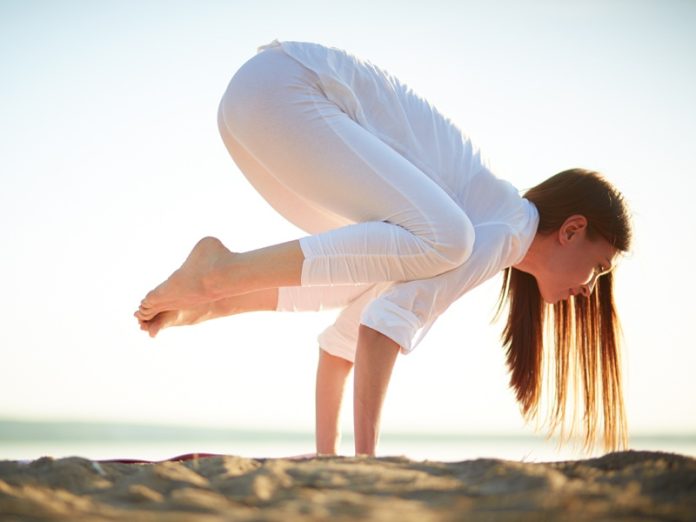In Burn, the famous book authored by Duke researcher, Dr. Herman Pontzer, evidence in the form of statistical research conducted by the anthropologist along with his team suggests that metabolism/Exercise isn’t exactly what we think it is.
“We’ve all been told that the more active you are, the more calories you burn.”
The Myth of Metabolism
Metabolism is referred to as how quickly our body digests the foods it consumes. This is also where notions like, ‘boosting your metabolism’ come from. However, as you’ll read below, the research proved that this isn’t the case and while we might think we know our bodies that well, we clearly don’t. For example, did you know that almost every human being for centuries has burned almost the same number of calories (2000) in their lives?
Burn: The Misunderstood Science of Metabolism
In a nutshell, the book proves that our ideas about metabolism or how we burn through calories are far from true, regardless of how logical they might seem. For example, we all think that if we exercise, we’ll burn through most of the carbs we’ve consumed, and if we don’t exercise, the calorie burnout will be much lower, right?
That’s exactly what Herman Pontzer and his fellow researchers set out to put to the test. And after looking at metabolic data collected from over 6,600 people in over 3 continents, including the Hadza tribe from Tanzania, Pontzer’s research proved that the number of calories burnt by each individual remained the same.
The method for gaining the data involved asking participants to drink water that had artificial elements in it and taking urine samples to see how quickly they came out.
As shocking as this might seem, it’s true. We all burn the same number of calories regardless of the amount of activity we engage in our daily lives. The book, Burn, entails the efforts made by the team of evolutionary anthropologists in an attempt to find answers to questions left behind by other large-scale research conducted in the field.
Questions such as at what age does a human being burn the least/most calories?’ have also been addressed as the research included people of ages ranging from a few weeks old to 96 years. As it turns out, infants burn the most calories as compared to adults.
What Does This Mean for Exercise?
This puts to rest our questions about the effects of exercise on our weight loss goals – our workouts don’t have any effect on our body’s fat accumulation. The doctor states in his book that our bodies don’t work the way we think they do. For example, if we think that we’ve exercised and that extra energy spent in a rigorous activity has helped us burn a few extra calories, it’s only a temporary boost that will stabilize itself to the mean average in a few days.

However, it’s important to know that when we engage in different workouts, our body is spending energy on not building inflammation. This is also the same energy our bodies would normally spend on tasks such as thinking, sitting, and fighting stress, and anxiety, all of which inevitably also end up amounting to the mean average. Although it’s clear that exercise already has engagement, excitement, entertainment, and growth as motivating incentives, you really should continue exercising and reduce inflammation.
That’s because inflammation is one of the leading causes of countless diseases because it ultimately means that your body becomes too weak to fight for itself. And since we also get other medically proven physiotherapeutic benefits such as improved blood sugar, cholesterol, overall cardiovascular health, etc., it’d be foolish to think exercise isn’t helpful at all.
The research doesn’t aim to make you avoid the gym. Firstly, it aimed to prove that the way we go about fat loss and consider exercise to be the only way for it is wrong.
Secondly, the book also looks at how different we are from our ancestors who didn’t have the sedentary couch-potato lifestyle that the average Joe has adopted. Before the findings, everyone in the world would’ve bet their top dollar that hunters and gatherers were burning way more calories than we do.
This view only changed when the research revealed that the Tanzanian Hadza tribe, which consists of hunters and gatherers who still engage in extreme physical activity in comparison, was burning the same number of calories as the sedentary or active people or even fitness professionals.
How Do You Lose Weight?
So, now that we know exercise doesn’t help us burn calories, how do we go about losing weight? The only answer is eating a healthy diet.

As the good doctor suggests, you can’t rely on crash diets to bring your total number of calories consumed down to an unhealthy amount because whether you like it or not, your body needs the calories as it’s been genetically wired to do in order to survive. This is part of our DNA and as an evolutionary anthropologist with years of research experience, the doctor explains that our bodies are wired to accumulate carbs and fats to strengthen ourselves.
In conclusion, the only way to lose weight is to develop a diet plan that has lower calories, healthy carbs, proteins, and fiber and have a healthy exercise routine to become physically stronger while attaining the lean physique we aspire to have.














